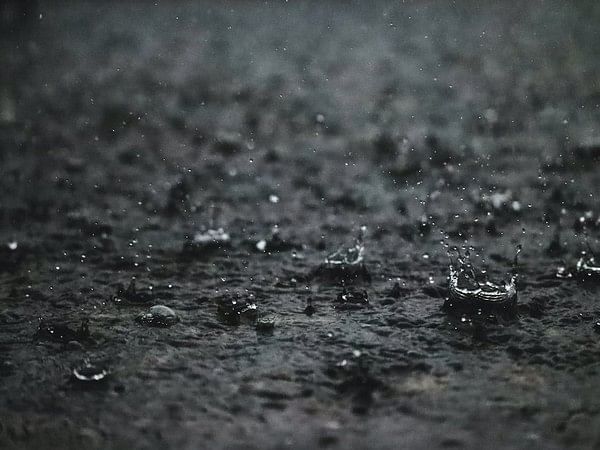Washington [US], June 13 (ANI): Researchers found certain types of wastewater can be treated in situ using more sustainable and cost-effective methods worldwide.
This study was published in the journal, Nature Water.’
Human activities have a significant impact on natural waters, aquatic biodiversity, and water quality. According to Professor Mathieu Lapointe of the Department of Construction Engineering at Ecole de technologie superieure (ETS), certain types of wastewater that are not currently treated can be treated globally using more sustainable and affordable in situ methods.
According to a study conducted by Professor Lapointe and published in the journal Nature, the rate of discharge into the environment of certain types of untreated water–urban and rural runoff, as well as industrial runoff–varies from country to country. Lower-income countries discharge more than higher-income countries. Specifically, depending on the country, wastewater treatment rates can range from 4 per cent to 95 per cent.
Water treatment plants are not only costly, they also consume a lot of energy. Moreover, they don’t solve the problems associated with urban waterproofing or the erratic excess rainfall caused by climate change. In addition, agricultural and urban runoff is often considered insufficiently contaminated to justify the cost of using conventional treatment plants. As a result, runoff remains untreated even though it can contaminate aquatic ecosystems.
Professor Lapointe recommends passive, modular, inexpensive, and decentralized solutions capable of retaining specific contaminants. These include bioretention cells, aggregate-decant systems and seepage areas through functionalized soils. He also proposes a greater reliance on passive ecosystem services, including microorganisms, oxidation, photodegradation and inactivation, to name a few.
“To treat waters that are not currently treated for techno-economic reasons, such as stormwater runoff, government authorities and environmental organizations would do well to promote passive systems, which can be combined or integrated with more conventional processes for collecting and treating wastewater.”, Professor Lapointe said. (ANI)
This report is auto-generated from ANI news service. ThePrint holds no responsibility for its content.



